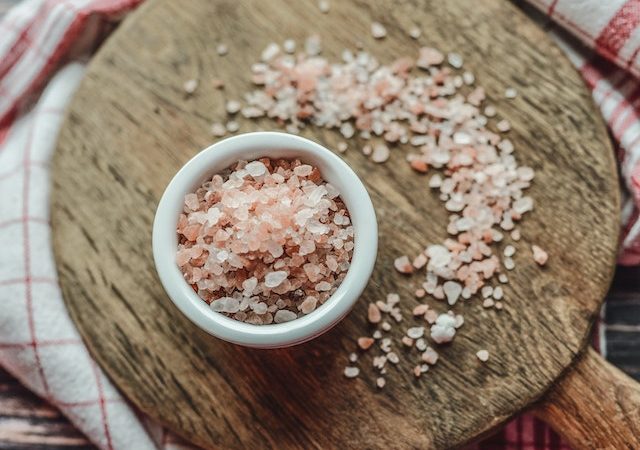Introduction: While salt is a common ingredient in many dishes, excessive consumption can have surprising effects on your appetite. Research suggests that high-salt diets are associated with an increased appetite, which can hinder your weight loss efforts. In this article, we will explore the link between high-salt diets and heightened appetite, providing you with important
Introduction: While salt is a common ingredient in many dishes, excessive consumption can have surprising effects on your appetite. Research suggests that high-salt diets are associated with an increased appetite, which can hinder your weight loss efforts. In this article, we will explore the link between high-salt diets and heightened appetite, providing you with important insights to help you make informed choices regarding your eating habits.
- Salt’s Effect on Hormones: Consuming a high-salt diet can disrupt the delicate balance of hormones that regulate appetite and satiety. Salt triggers the release of hormones such as ghrelin, which stimulates hunger, and reduces the release of leptin, which signals fullness. This hormonal imbalance can lead to an increased appetite and make it more challenging to control food intake.
- Stimulating Food Cravings: High-salt diets have a tendency to enhance the taste of food, making it more appealing. This intensified flavor can lead to cravings for salty and often unhealthy foods, such as processed snacks and fast food. Giving in to these cravings can contribute to overeating and sabotage your weight loss goals.
- Reduced Satisfaction and Overeating: Consuming excessive amounts of salt can also impact the satisfaction you derive from meals. Research suggests that high-salt diets can diminish the perceived taste and enjoyment of food, leading to a desire for more to compensate for the reduced satisfaction. This can result in overeating and consuming more calories than your body needs.
- Salt and Fluid Balance: Salt plays a crucial role in maintaining fluid balance in the body. However, excessive salt intake can disrupt this equilibrium, leading to fluid retention and bloating. The uncomfortable sensation of bloating can mistakenly be perceived as hunger, causing you to eat more even when your body doesn’t require additional calories.
- Strategies to Reduce Salt Intake: To mitigate the impact of high-salt diets on your appetite, consider adopting the following strategies:
a. Read Food Labels: Pay attention to the sodium content listed on food labels and choose lower-sodium options whenever possible.
b. Cook Meals at Home: Preparing meals at home allows you to have better control over the amount of salt added to your dishes.
c. Use Herbs and Spices: Enhance the flavor of your meals with herbs, spices, and other salt-free seasonings to reduce the reliance on salt.
d. Choose Fresh, Whole Foods: Opt for fresh fruits, vegetables, lean proteins, and whole grains, which naturally contain lower levels of sodium compared to processed foods.
Conclusion: High-salt diets can have a significant impact on your appetite, leading to increased hunger, cravings, reduced satisfaction, and overeating. Understanding the link between salt intake and appetite can help you make informed choices to support your weight loss goals. By reducing your salt intake, choosing whole foods, and being mindful of your eating habits, you can take control of your appetite and foster a healthier relationship with food. Remember, small changes in your diet can yield significant results in your weight loss journey.

















Leave a Comment
Your email address will not be published. Required fields are marked with *